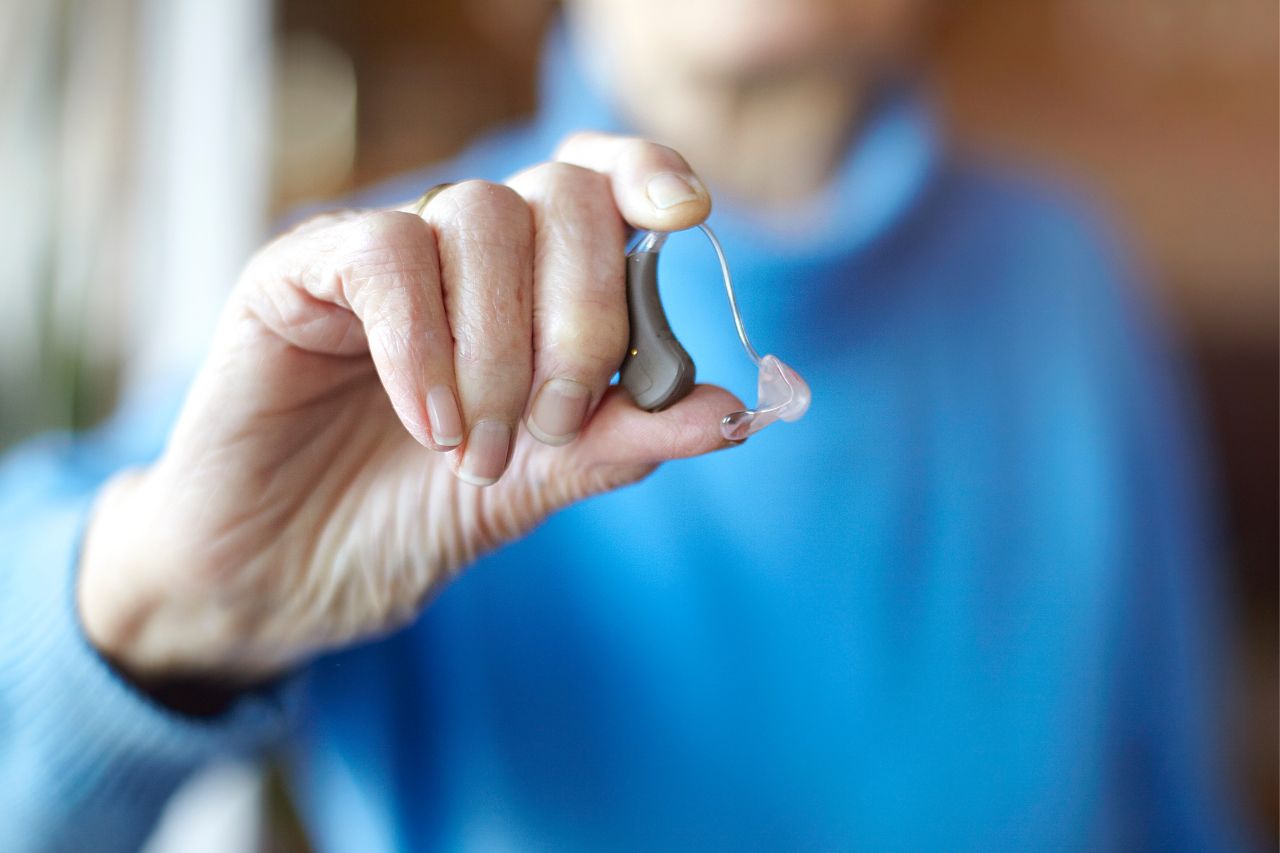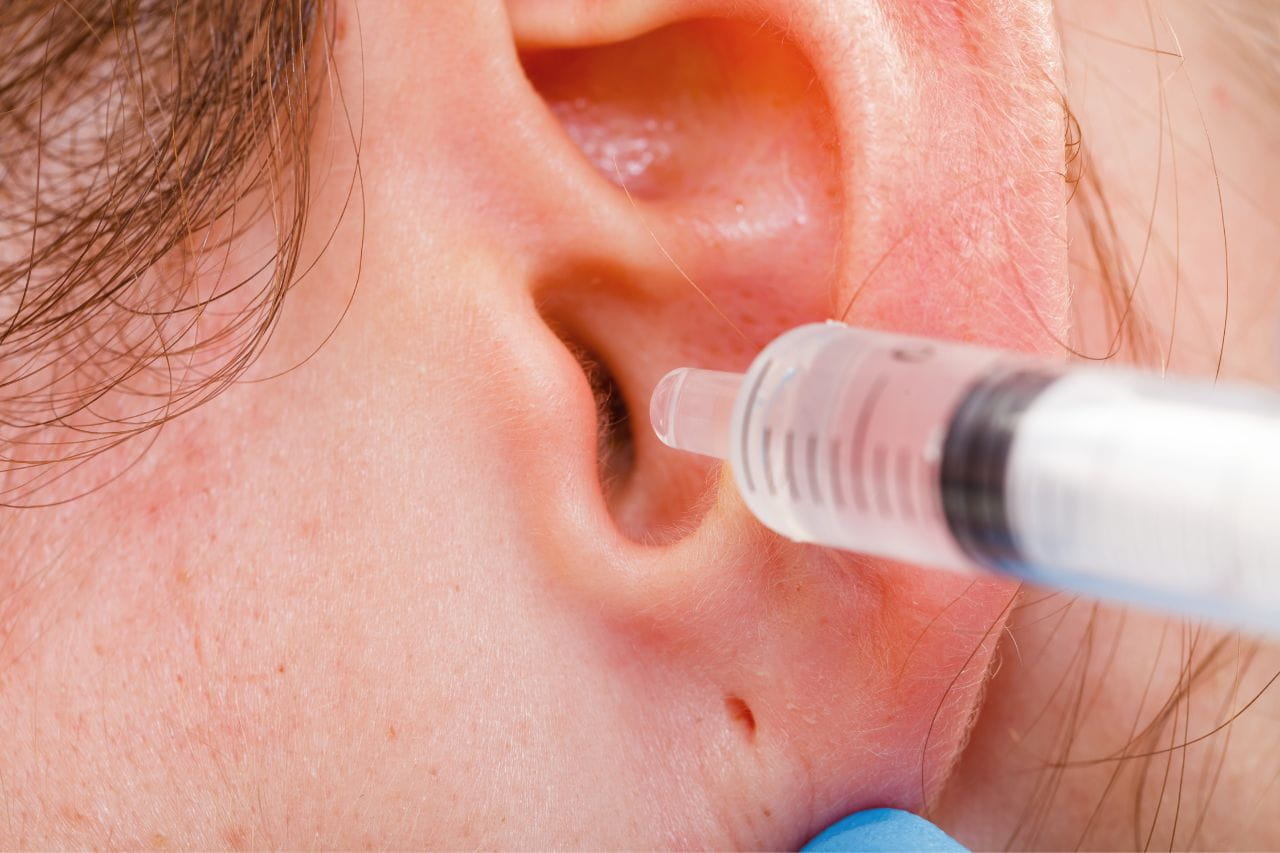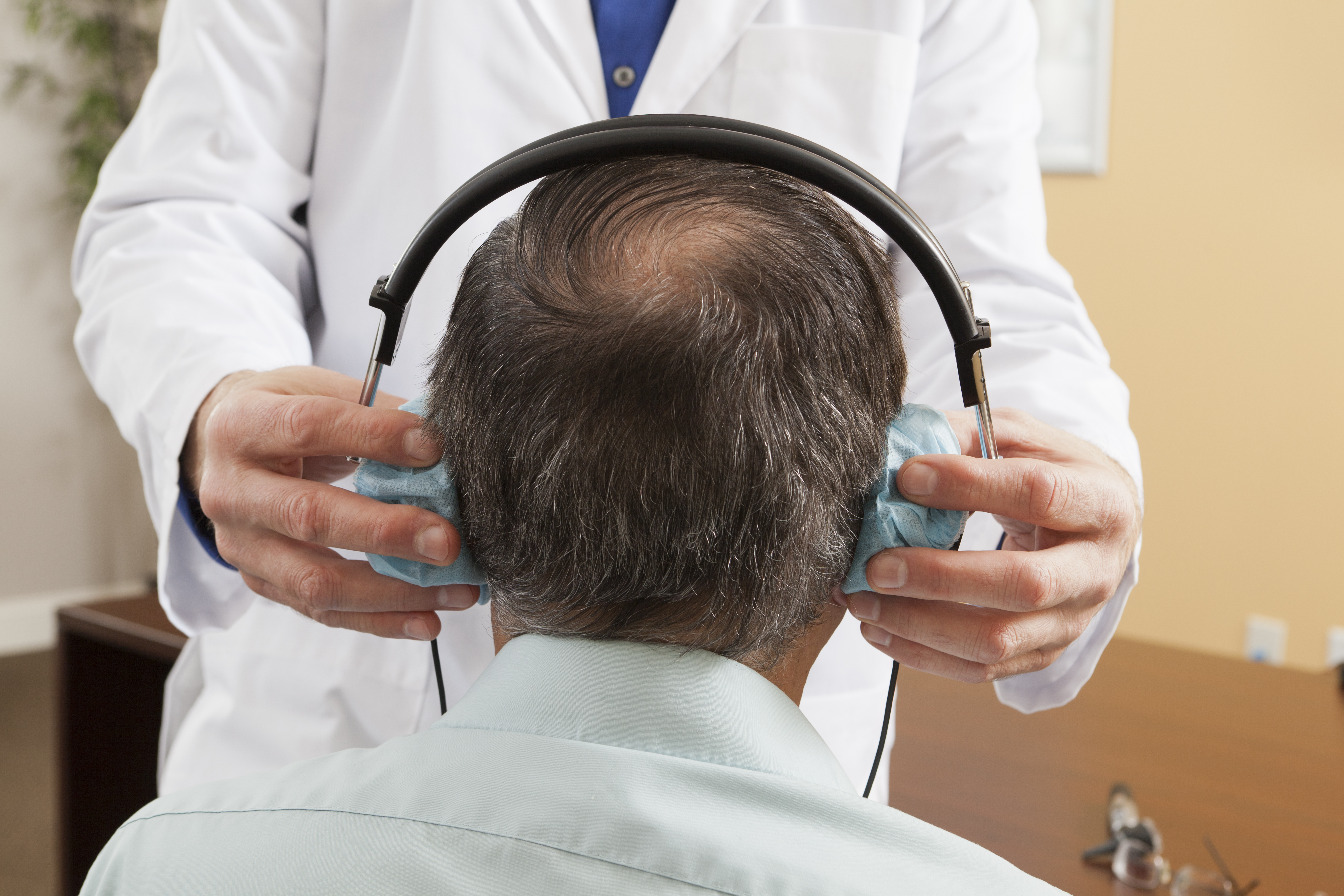How Hearing Aids Can Improve Quality of Life

Having an audiologist test your hearing and demonstrate ways to correct deficits can help you understand the impact of hearing loss on quality of life.
This article answers the question, “Do hearing aids help?” by explaining the benefits of hearing aids and their limitations.
What Are the Benefits of Hearing Aids?
People who wear hearing aids enjoy many benefits, including:
- Improved communication and better relationships with friends and family
- Less stress in social situations
- Reduced tinnitus (ringing in the ears) symptoms
- Better work performance
- Reduced atrophy of speech-recognition areas of the brain
Pleasure in hearing sounds previously missed (birdsong, for example)
And all these advantages of hearing aids are easy to obtain. All you have to do is talk with your doctor, get a pain-free hearing test, and start wearing the devices as directed.
What Are the Limitations of Hearing Aids?
While there are no actual disadvantages of hearing aids, the devices do have certain limitations, including:
- They don’t fully restore normal hearing. Some sounds and environments will still pose hearing challenges.
- Some sounds, like your voice, may seem too loud when you start using hearing aids.
- Using hearing aids effectively requires an adjustment period that may last several months, during which you get used to the devices and find the optimal settings.
- Hearing aids can amplify all sounds, which means background noise may be louder.
- Some hearing aids may require you to change settings depending on the situation to ensure the best experience.
Hearing aids may be expensive, and there are no hearing aid benefits in Medicare.
None of these hurdles is insurmountable, but it’s important to set your expectations appropriately as you consider living with hearing aids.
When to See a Doctor About Your Hearing
You should contact your doctor promptly if you experience issues that can impact your hearing. This includes:
- Having ear deformities from birth or as the result of a trauma
- Experiencing pain or discomfort in one or both ears
- Having a sudden decrease or loss of hearing
- Noticing bodily fluids (blood, pus, etc.) come out of your ear
- Experiencing pain or discomfort in one or both ears
- Suspecting that you have an object or excessive earwax in your ear canal
- Experiencing vertigo (the feeling that you are spinning or swaying) or unexplained dizziness
Developing hearing loss or tinnitus (ringing) in one ear or a noticeable difference in hearing between one ear and the other
It’s better to take action and learn that the issue is temporary than risk long-term hearing loss.
Learn About Audiology Services at Baptist Health
When you assess hearing aid advantages and disadvantages, the advantages win, hands down! The benefits of hearing aids for elderly people are particularly apparent, given the many disadvantages of age-related hearing loss.
If you have questions or concerns about your hearing, our audiologists can help.



